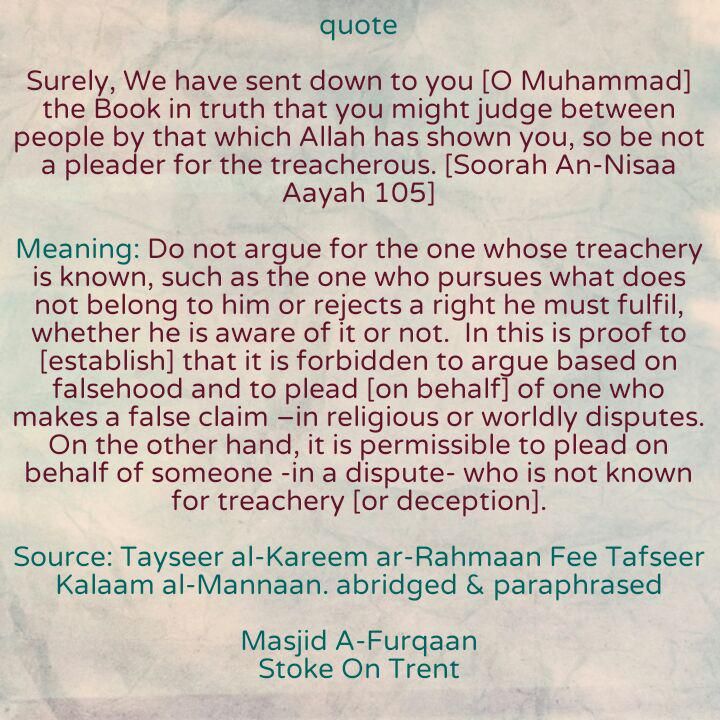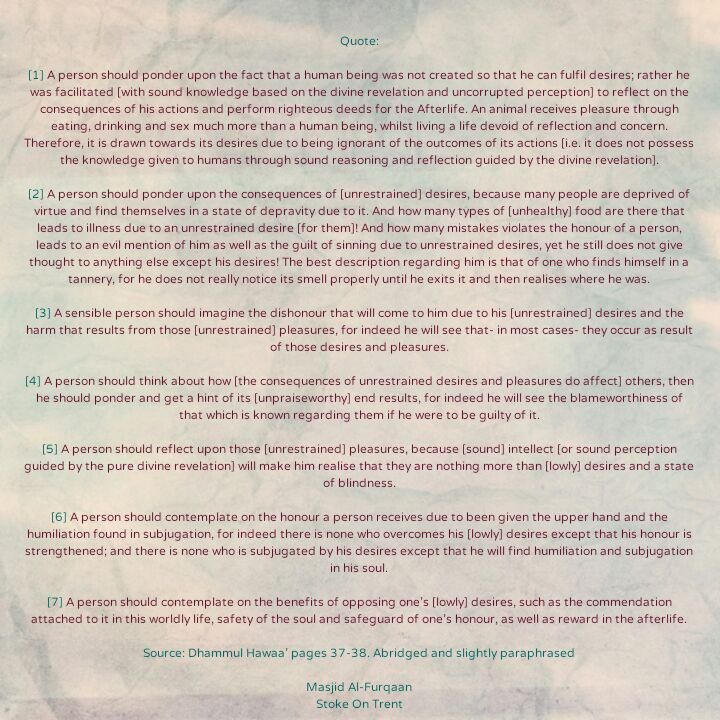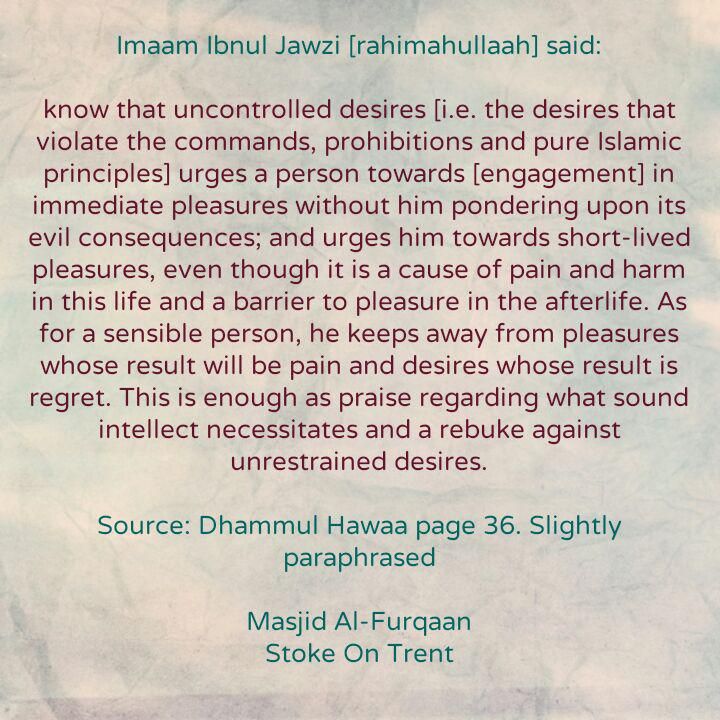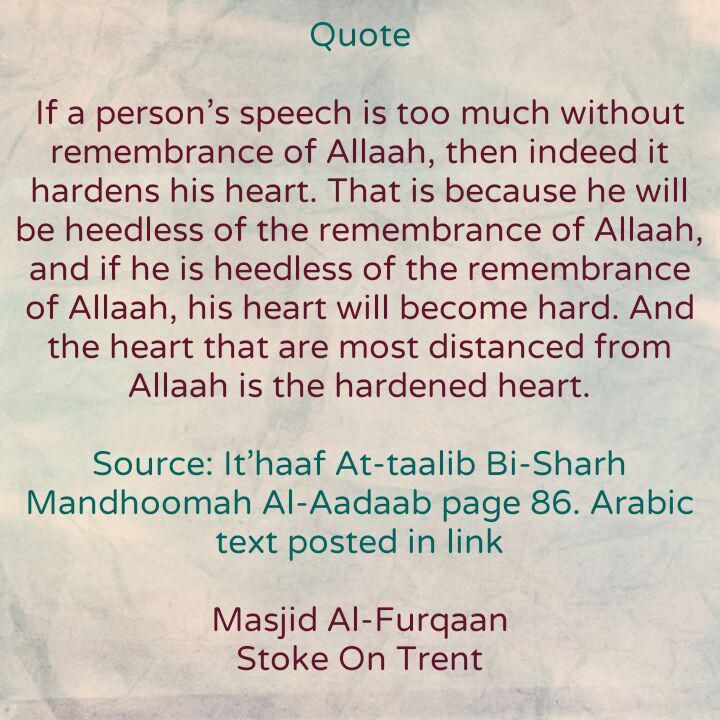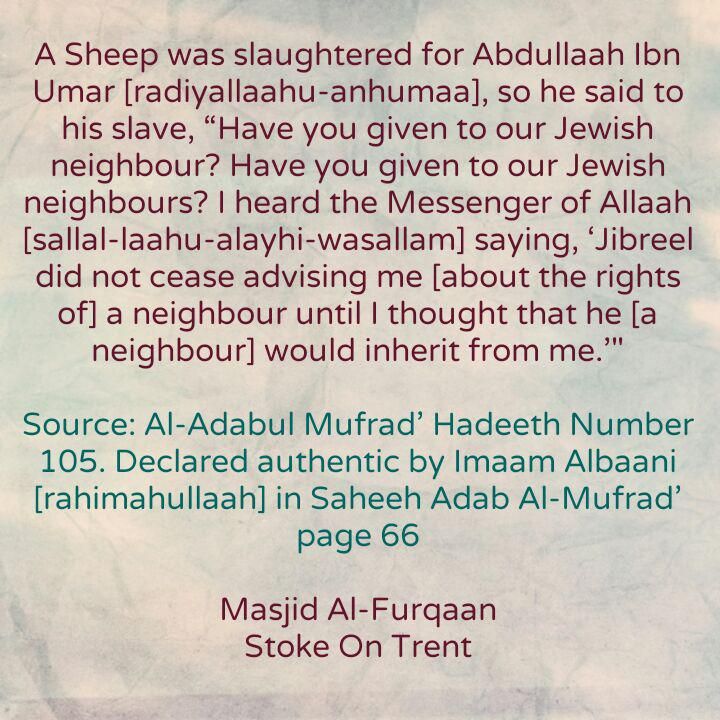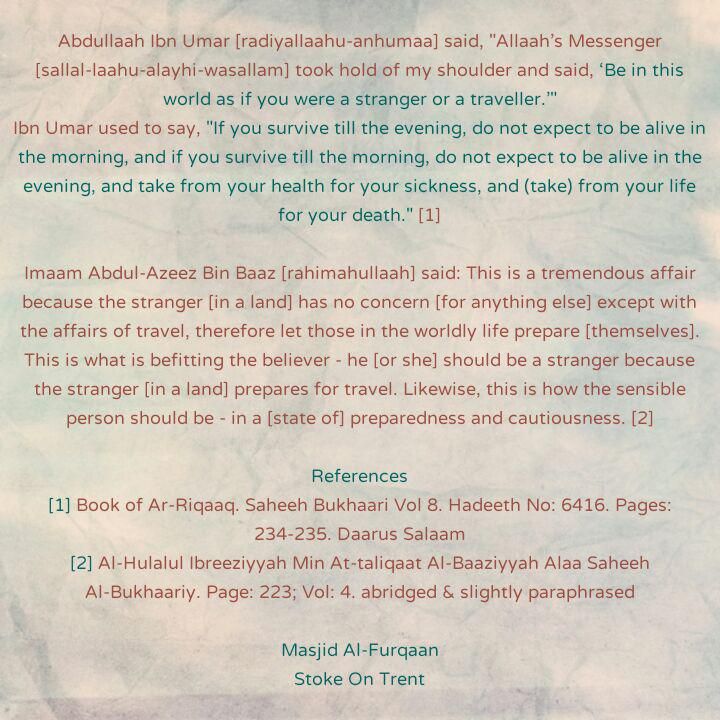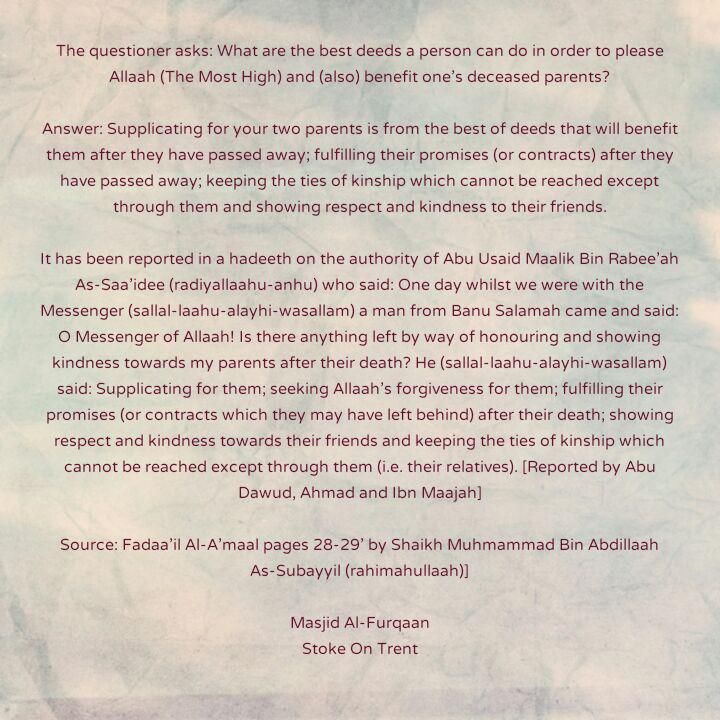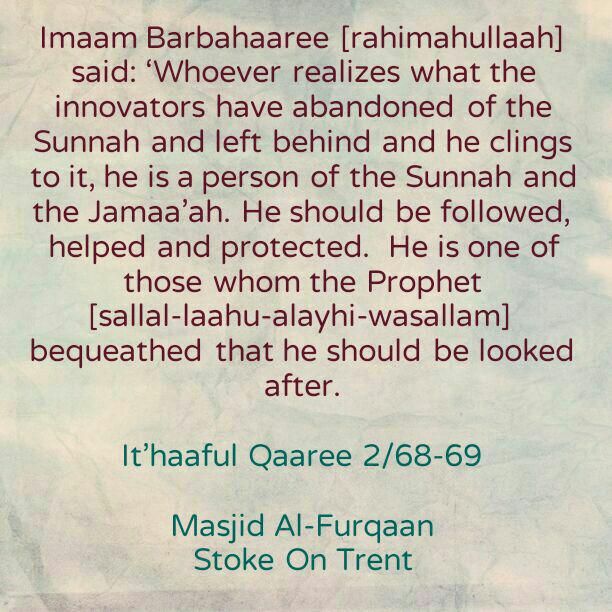In The Name of Allaah, The Most Merciful, The Bestower of Mercy

The Hardening of a young man’s heart due to (excessive speech): Shaikh Fawzaan (may Allaah preserve him) says that this is among those first corrupt affairs related to excessive speech. If a person’s speech is too much without remembrance of Allaah, then indeed it hardens his heart. That is because he will be heedless of the remembrance of Allaah, and if he is heedless of the remembrance of Allaah, his heart will become hard. And the heart that is most distanced from Allaah is the hardened heart, which is not softened through the remembrance of Allaah. [Glorified and Exalted Be He]. [Allaah said]:
أَلَمْ يَأْنِ لِلَّذِينَ آمَنُوا أَن تَخْشَعَ قُلُوبُهُمْ لِذِكْرِ اللَّهِ وَمَا نَزَلَ مِنَ الْحَقِّ
وَلَا يَكُونُوا كَالَّذِينَ أُوتُوا الْكِتَابَ مِن قَبْلُ فَطَالَ عَلَيْهِمُ الْأَمَدُ فَقَسَتْ قُلُوبُهُمْ وَكَثِيرٌ مِّنْهُمْ فَاسِقُونَ
Has not the time come for the hearts of those who believe (in the Oneness of Allah – Islamic Monotheism) to be affected by Allah’s Reminder (this Qur’an), and that which has been revealed of the truth, lest they become as those who received the Scripture [the Taurat (Torah) and the Injeel (Gospel)] before (i.e. Jews and Christians), and the term was prolonged for them and so their hearts were hardened? And many of them were Fasiqun (rebellious, disobedient to Allah).
[Allaah said]: [ثُمَّ قَسَتْ قُلُوبُكُم مِّن بَعْدِ ذَلِكَ فَهِيَ كَالْحِجَارَةِ أَوْ أَشَدُّ قَسْوَةً -Then, after that, your hearts were hardened and became as stones or even worse in hardness] [Surah Al-Baqarah Ayah 74]
The heart hardens, even though it is a soft (piece) of meat; however it can harden or even worse until it becomes harder than stones. This has been stated by way of Qur’aanic text: [ثُمَّ قَسَتْ قُلُوبُكُم مِّن بَعْدِ ذَلِكَ – Then, after that, your hearts were hardened]- that was after the children of Israel witnessed the great lesson (or sign); – regarding the murdered person who was brought back to life, which should have softened the hearts but they did not benefit from it. [Allaah said]:
ثُمَّ قَسَتْ قُلُوبُكُم مِّن بَعْدِ ذَلِكَ فَهِيَ كَالْحِجَارَةِ أَوْ أَشَدُّ قَسْوَةً وَإِنَّ مِنَ الْحِجَارَةِ لَمَا يَتَفَجَّرُ مِنْهُ الأَنْهَارُ وَإِنَّ مِنْهَا لَمَا يَشَّقَّقُ فَيَخْرُجُ مِنْهُ الْمَاء وَإِنَّ مِنْهَا لَمَا يَهْبِطُ مِنْ خَشْيَةِ اللّهِ
Then, after that, your hearts were hardened and became as stones or even worse in hardness. And indeed, there are stones out of which rivers gush forth, and indeed, there are of them (stones) which split asunder so that water flows from them, and indeed, there are of them (stones) which fall down for fear of Allah] [Surah Al-Baqarah Ayah 74]
Therefore, if you want to soften your heart, then abandon excessive speech and busy yourself with the remembrance of Allaah, for indeed that will soften your heart.
[Abridged and paraphrased. Source: It’haaf At-Tullaab Bi-Sharh Mandhoomah Al-Aadaab’ page 86]

